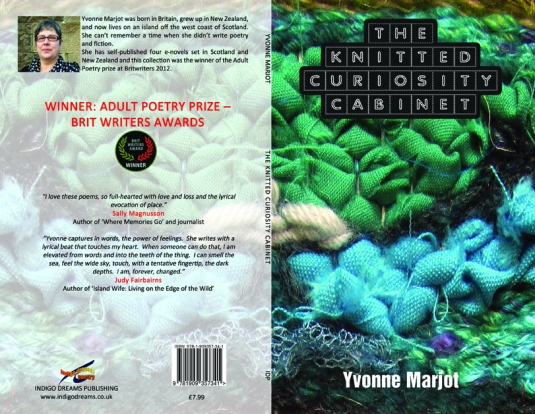Treacle ˈtriːk(ə)l
noun: treacle; plural noun: treacles
- a. British: a thick, sticky dark syrup made from partly refined sugar; molasses.
b. syrup of a golden-yellow colour; golden syrup.
- cloying sentimentality or flattery.
“enough of this treacle—let’s get back to business”
Origin: Middle English (originally denoting an antidote against venom): from Old French triacle, via Latin from Greek thēriakē ‘antidote against venom’, feminine of thēriakos (adjective), from thērion ‘wild beast’. Current senses date from the late 17th century.
According to various online sources, the word treacle goes back to a borrowing from Old French triacle, a word referring to the sugar-syrup base into which apothecaries would decant whatever nasty-tasting cures they wished their patient to take. The word derives ultimately from a Greek word thēriakē, meaning an antidote against venom, which suggests that its early applications were topical (i.e. slather it on the outside, rather than apply it to the inside).
This dark, viscous product of sugar refining thus gained its name due to its association with apothecaries and their products. All the syrupy by-products of sugar refinement were known as treacle, but later the British firm Lyle perfected the refining process to produce that other, more popular, sugar syrup known as golden syrup. You can still buy treacle – these days it’s often called black treacle (or, in the US, molasses), to distinguish it from its golden cousin.
While sugar can be produced from beets as well as sugar cane, only the latter produces a pleasant tasting treacle.
The 17th century seems to mark the time when treacle made the jump from a medicine to a foodstuff. https://britishfoodhistory.wordpress.com/tag/treacle/ suggests ‘bread tart’ and ‘sweetmeat cake’ as early recipes using treacle, and the earliest recipes for ‘treacle tart’ in the 1870s precede Lyle’s development of golden syrup, even though most modern recipes call for golden syrup rather than black treacle. Gingerbread, which has been around at least since the 1400s, switched to using treacle as an ingredient during the 18th century. But the popularity of ‘Mary Poppins’ suggests that the association of sugar syrup with medicines remains as strong as ever.
I’m rather drawn to the idea that a substance famed for being sickly sweet (as in the famous treacle tart of my story – the favourite dessert of Harry Potter – and the treacle wells mentioned by the dormouse in Alice in Wonderland) ultimately derives its name from medicines which were so bitter that they required a sweet coating. That seems a good metaphor for this story collection.
In Treacle and Other Twisted Tales I take some well-known tales and retell them with a twist, a difference, or a wee flicker of darkness. There are new stories, too, some drawn from imagination and others from experience. There are no entirely happy endings – I don’t really believe in them – but some at least come to satisfactory conclusions. If there’s a moral in the story, it’s that beneath sweetness there is always a small, sharp tang of bitterness, and sometimes the sugar coating is very thin indeed. Life isn’t fair, and nothing ever turns out exactly the way we want it to. These aren’t fairy stories, you know.
As for the second meaning – sentimentality or flattery – isn’t that the business of we fiction writers? I employ my words as the appetising coating to encourage some unpalatable suggestions to go down. Did I sweeten the mixture enough?
And am I genuinely channelling my East End ancestors, or merely mocking Eastenders the soap, when I say to you, “Don’t worry, treacle* – if you don’t like this story, maybe the next one’ll suit you better”?
*Treacle (tart) = sweetheart
https://www.facebook.com/events/1986209328266203/?active_tab=discussion
https://www.facebook.com/TheCalgaryChessman/

Recent Comments